How Long Does It Take to Sober Up After Drinking?
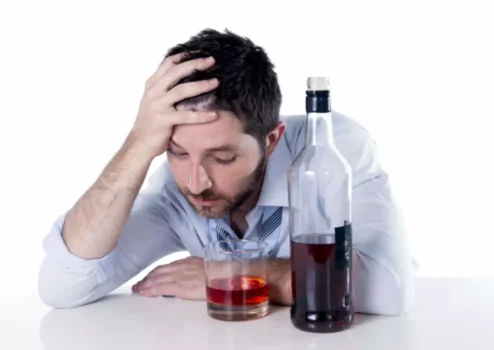
The type of alcohol you consume also plays a part, the expert said. However, even in these cases, markers of immune response still spike, meaning marijuana addiction their bodies are reacting, even if they don’t feel the effects. “Variability in the experience of hangovers is something we see in research,” says Sam Royle, from the University of Salford and a member of the Alcohol Hangover Research Group, told Sun Health. It turns out the science of hangovers is as complex as it is painful. “But also the effects that alcohol has in disrupting the cycles of sleep.” “Unfortunately, there isn’t really any science-backed hangover ‘cures’,” Sam Royle, from the University of Salford and a member of the Alcohol Hangover Research Group, said.
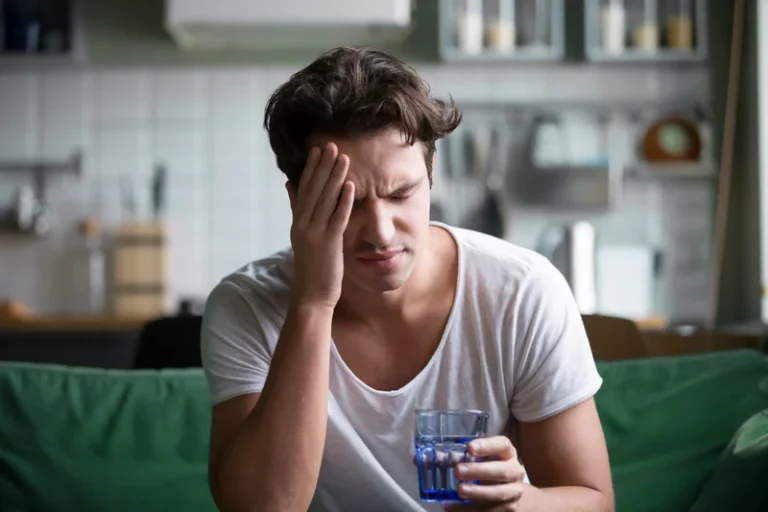
What are the common symptoms of hangover?
As it recalibrates, you experience a mild withdrawal from alcohol, which briefly impacts your nervous system and causes mood disturbances—even causing hangover anxiety for some people. You may get a severe hangover after a heavy drinking session in a short period, just as you might get a hangover if you drink alcohol over a long time. However, it’s important to note that if you consume more alcohol in a shorter time, the consequences can be significantly more harmful and lead to alcohol poisoning. The amount of alcohol you consume is a primary factor in determining what kind of hangover you will experience and how severe the symptoms will be. When you drink, the alcohol in your system acts as a diuretic which causes your body to pass liquid more quickly through your body.
Hangover Signs and Symptoms
The following are some questions does a hangover last all day people frequently ask about hangovers. Pain relievers such as acetaminophen (Tylenol) filter through the liver the same way alcohol does. Healthcare professionals caution using this type of medication regularly along with alcohol as it can increase the risk of liver damage. There is no particular way to increase the speed at which a person detoxes from alcohol and recovers from a hangover. In this article, read about hangover duration, remedies, prevention, and when to consult a doctor.
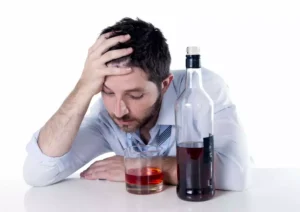
ways to cure your hangover
Everybody processes alcohol differently, so a few drinks for you might impact someone else completely different. Many people use alcohol as a form of self-medication to overcome stressful mental health issues, such as depression, anxiety, or past trauma. Alcohol is readily available to most adults and drinking is socially acceptable, so it becomes an easy way to avoid confronting the real issues which are causing stress. However, without professional intervention, this pattern of behavior can easily escalate into a reliance on alcohol. As your https://ecosoberhouse.com/ alcohol and insulin levels drop back down to normal, you may experience low blood sugar levels—also known as hypoglycemia.
So while three drinks was fine back in the dorms sophomore year, that amount may feel like double that 10 years later. Ease the pain by staying hydrated—alternating every glass of booze with a glass of water, he says—and make sure to keep drinking water even when you really don’t feel like it the next day. “Drinking too much or binge drinking on a single occasion or over time can take a serious toll on your health,” says Valerie Agyeman, RD, a dietitian at Flourish Heights, who specializes in women’s health.
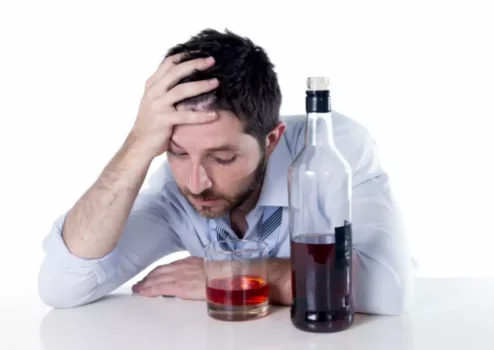
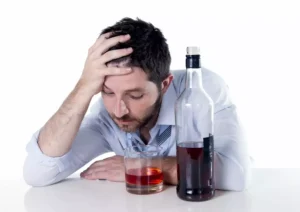
Others can drink far more and feel minimal symptoms afterwards. The fluctuations in blood sugar that accompany drinking can lead to negative moods, which might include anxiety and anger as well as mood instability. Dizziness is a common symptom of the dehydration that comes with a hangover. When you’re dehydrated, your blood pressure drops, which limits blood flow to your brain and causes dizziness.
- Whether or not you get a hangover really depends on a variety of factors, such as quantity of alcohol consumed, gender, ethnicity, level of dehydration, nutritional status, and medications.
- These effects can begin while you are still drinking, and can last for longer than the typical effects of a hangover.
- She is also the founder of the digital motherhood support platform Dear Sunday Motherhood and a co-founder of the newsletter Two Truths Motherhood and the maternal rights non-profit Chamber of Mothers.
- While they generally resolve on their own after several hours, there are some strategies for managing a hangover.
- Newsweek asked medical experts about what to expect from imbibing excess alcohol and how best to deal with “babalaas.”
For people living with heart disease, hangover symptoms such as rapid heart rate and high blood pressure can be dangerous. Some people rehydrate using sports drinks containing electrolytes to ease hangover symptoms. However, research has not found a connection between electrolyte disruption and hangover symptom severity. The length and severity of a hangover can vary from person to person. Age can play a role in the duration of a hangover, as the liver can slow as a person ages.
- A hangover is when you have unpleasant physical and mental symptoms after drinking too much alcohol the previous night.
- It is also commonly believed that hangovers get worse with age.
- Some people report experiencing a two day – or even a three day – hangover, but there’s little evidence to support that this could be the case due to alcohol consumption alone.
- It’s a good idea to have someone on hand to let you know if you’re perhaps consuming too much.
- Blood tests and breath alcohol analyzer devices, such as the Breathalyzer, can measure your BAC, which directly correlates to your level of intoxication.
- One of the best ways to lessen the discomfort of your hangover symptoms is to prioritize replenishing your body with the electrolytes and vitamins it’s missing due to a hangover.
Limiting how much alcohol you drink at one time is the most effective way to minimize the possibility of a hangover. It’s a good idea to have someone on hand to let you know if you’re perhaps consuming too much. How much you need to drink to cause a hangover depends on many factors. Some people may only need one or two drinks to get drunk and feel hungover the next day.

If you have alcohol intolerance, you may have a genetic inability to process the acetaldehyde fast enough. You may feel drunk after drinking even a small amount of alcohol. But if what you think is a hangover lasts for a second or third day, it’s a sign that it might be more than just your typical hangover. Acute alcohol withdrawal is a sure sign of physical dependence on alcohol. And, it could potentially be part of a larger alcohol use disorder. Generally, the more alcohol you drink, the more likely you are to have a hangover the next day.
Alcohol poisoning is a serious and sometimes deadly result of drinking large amounts of alcohol in a short period of time. Drinking too much too quickly can affect breathing, heart rate, body temperature and gag reflex. Enjoying drinks with friends can be a fun way to socialize and unwind, but it’s important to be aware of how long it takes to sober up after a night of drinking.

